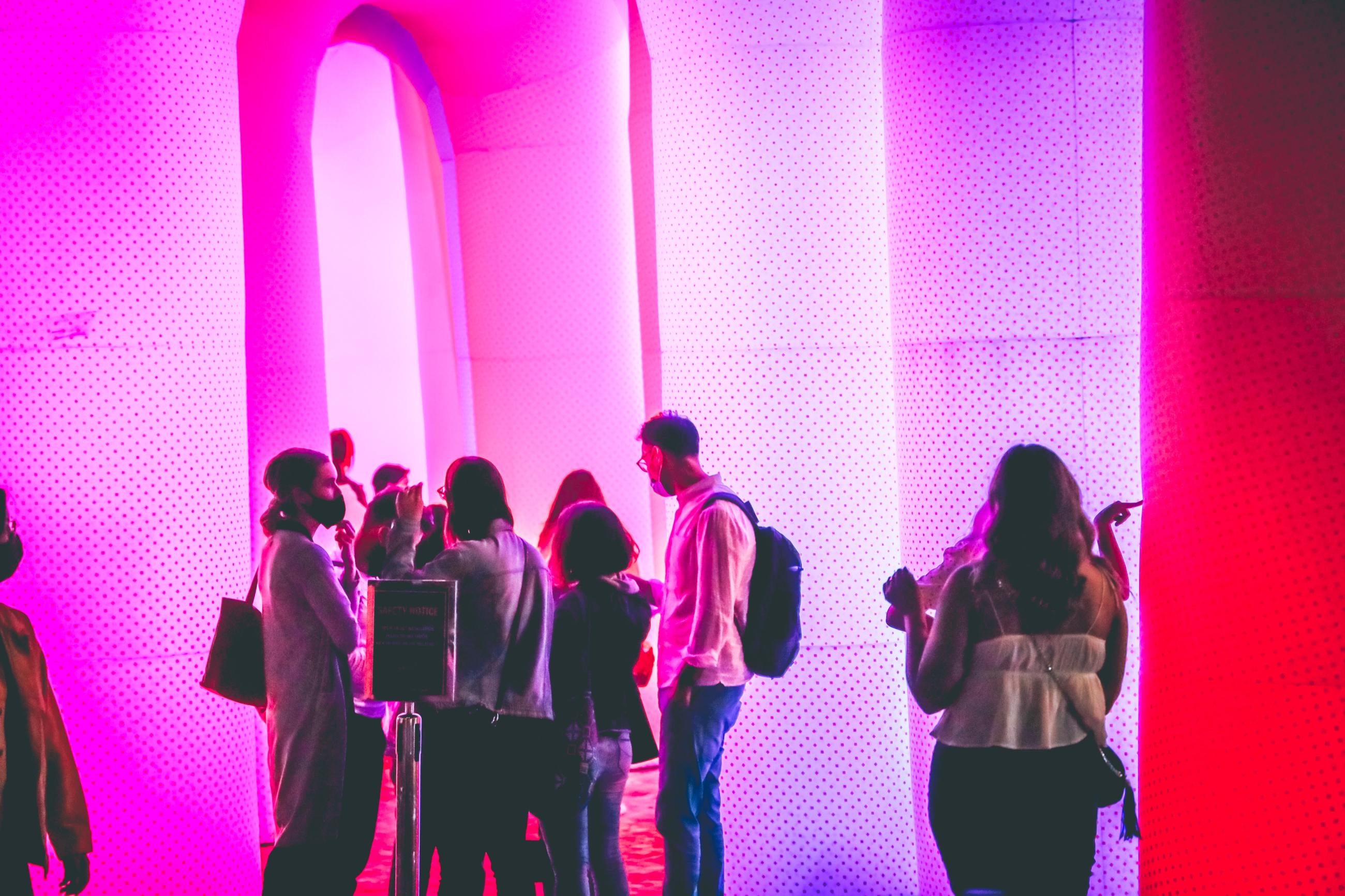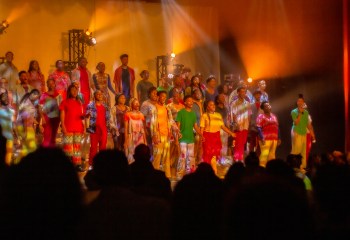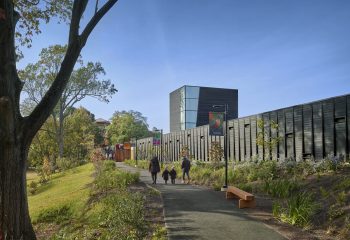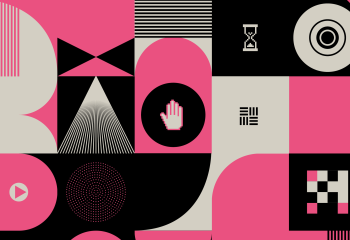
Arts and culture can strengthen community ties, new report shows
“Getting back to normal” after the ongoing, traumatic experience of the COVID-19 pandemic means different things to different people. Still, few would argue for returning to the social, racial, economic, and health inequities the pandemic exposed. Instead, many civic leaders are asking how to make their communities more inclusive, equitable and cohesive.
A new report offers one answer. WE-Making: How Arts & Culture Unite People to Work Toward Community Well-Being, says place-based arts and cultural activities – also known as creative placemaking – can improve social cohesion. The robust resource includes case studies from Mississippi, Pennsylvania and California.
The WE-Making study was developed with support from the National Endowment for the Arts, The Kresge Foundation, Bush Foundation, Robert Wood Johnson Foundation, ArtPlace America and the John S. and James L. Knight Foundation. It breaks new ground by bringing together research from different areas of study and on-the-ground experiences of artists and researchers, practitioners in community development, and advocates for health equity.
Work on the report started in 2017, but in early 2020, as researchers were still weaving feedback from previous review and interview stages, COVID-19 began to reach the United States. Social cohesion came up against social distancing, as neighborhood events – a key element in any strategy for building social cohesion – were suspended.
Then, as researchers were finalizing their revisions, the killing of George Floyd at the hands of a Minneapolis police officer sparked nationwide protests against police brutality and other manifestations of systemic racism toward African Americans. The combination of these two major events made the need “to understand the contributions of social cohesion within the context of anti-racism and other anti-oppression efforts” even more urgent.
As a result, WE-Making might prove to be even more relevant now than what the funders might have expected at the beginning of the inquiry.
“It encourages arts organizations, community developers, and public health officials to work from the same page so they can leverage the arts to help improve social cohesion for the public good,” said Arts Endowment Acting Chairman Ann Eilers. “As we climb out of COVID-19 and focus on equitable recovery, this need is greater than ever.”
“Place-based arts and cultural strategies can uniquely contribute to the formation of social cohesion,” the report says. Defined as involving relationships, a sense of belonging, having shared goals, and a willingness to participate in the community’s life, social cohesion is described as crucial for a community’s well-being.
“Improving social cohesion can be part of the process of helping communities experiencing racism, oppression, and structural disinvestment—such as Black, Indigenous, and other communities of color, as well as low-income and rural communities—achieve better and more equitable community well-being,” the report continues.
Knight Foundation, a leading supporter of artists and arts organizations, believes arts and culture can strengthen communities by connecting people to each other and to place. The new report’s findings, which emphasize how important it is to engage community members in creative placemaking projects, echo the findings of a recent Knight-commissioned report on Adaptive Public Spaces that found public spaces designed with community input were both inclusive and widely used during the pandemic.
The report—along with links to other materials produced for the project by PolicyLink and the Center for Arts in Medicine—is available to download from the Arts, Culture and Community Development website, where announcements about future activities related to the report will be posted. WE-Making can also be found on Metris Arts Consulting and the Center for Arts and Medicine.
Fernando González is a Miami based arts and culture writer and critic.
Image (top) Pat Whelen on Unsplash.
Recent Content
-
Artsarticle ·
-
Artsarticle ·
-
Artsarticle ·





